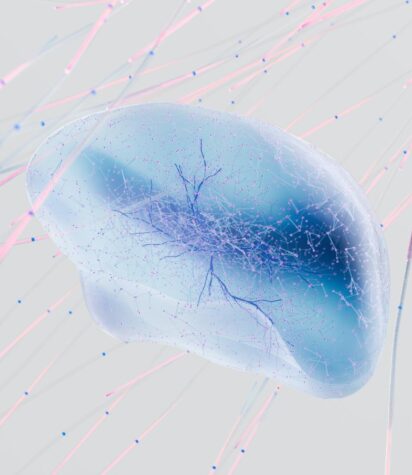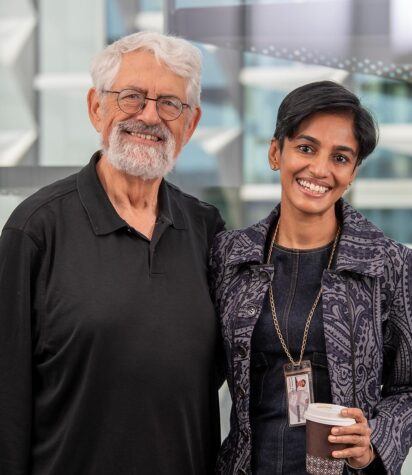Home
Unlocking Intelligence
We seek to understand the basis of intelligence in natural and artificial systems.
More about us
Deeper Learning
SpotlightOur research blog highlights the newest research, findings and code from members of the Kempner community.
Read the latest postOur Community
We seek to build a community of scholars who work across boundaries and fields and are poised to solve some of the most compelling mysteries of our time. Coming together to learn, collaborate, and discover, Kempner community members are scientists who seek to fundamentally and radically advance our understanding of natural and artificial intelligence.






